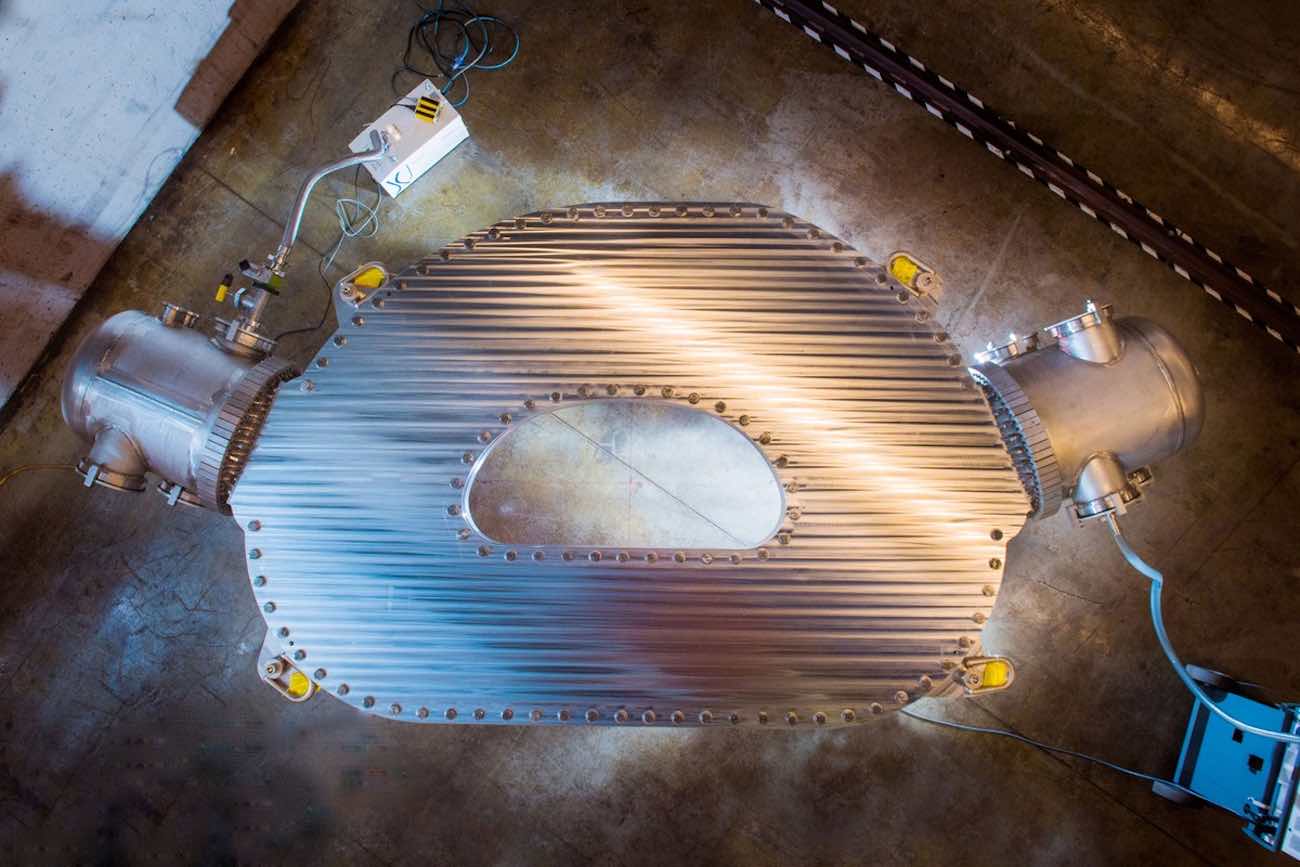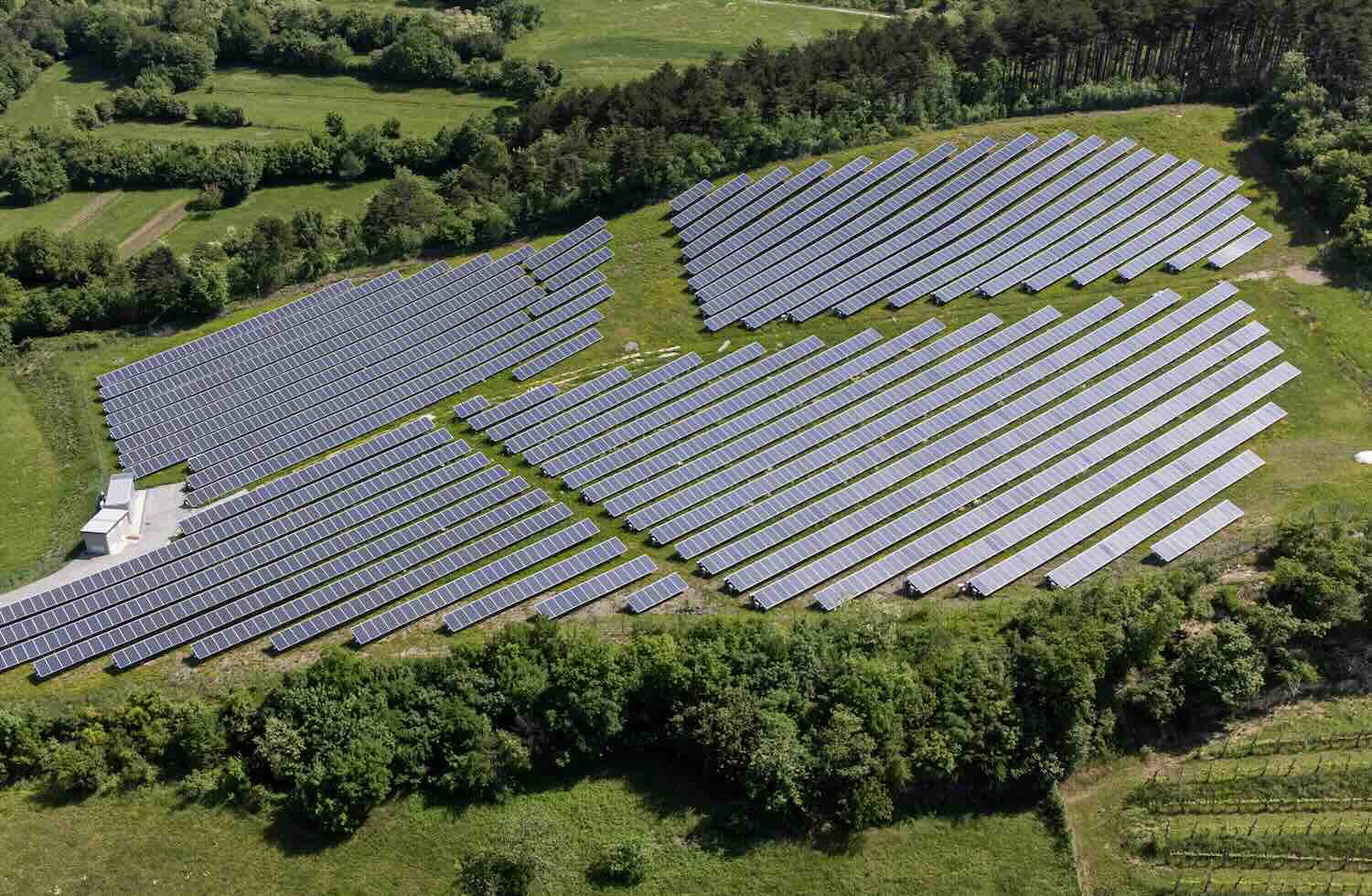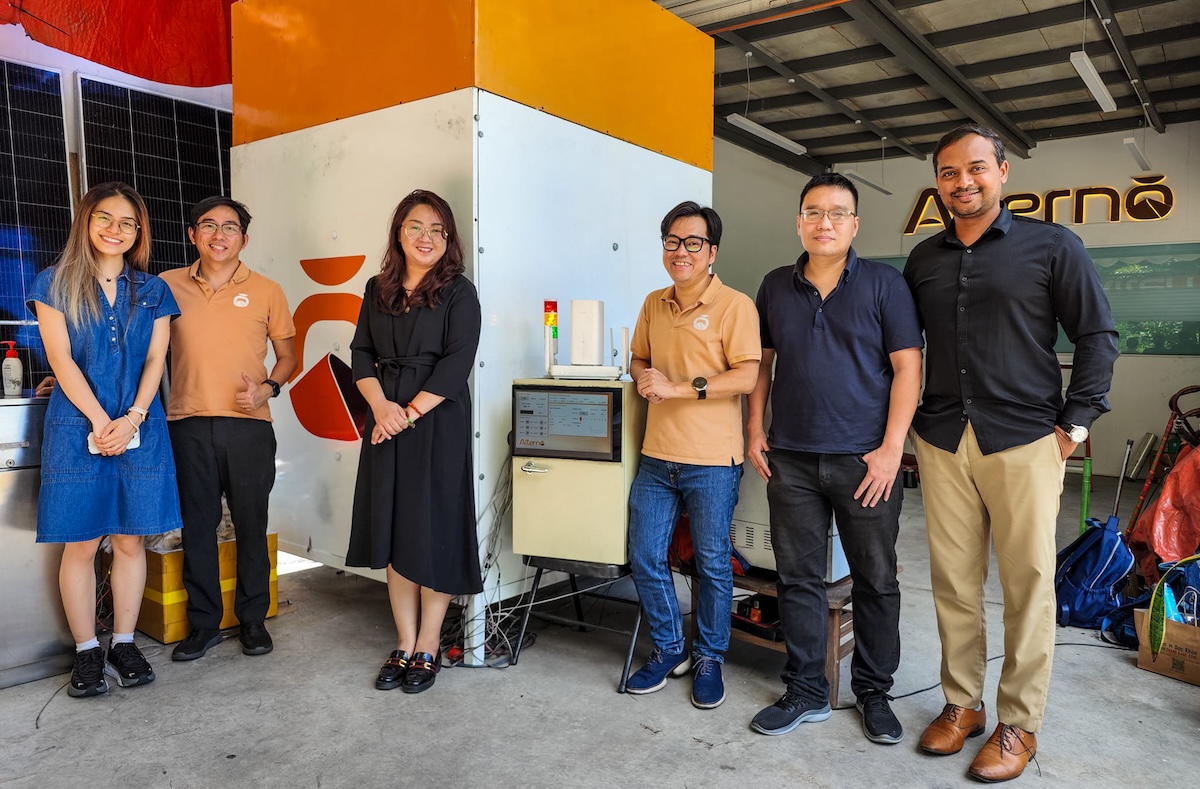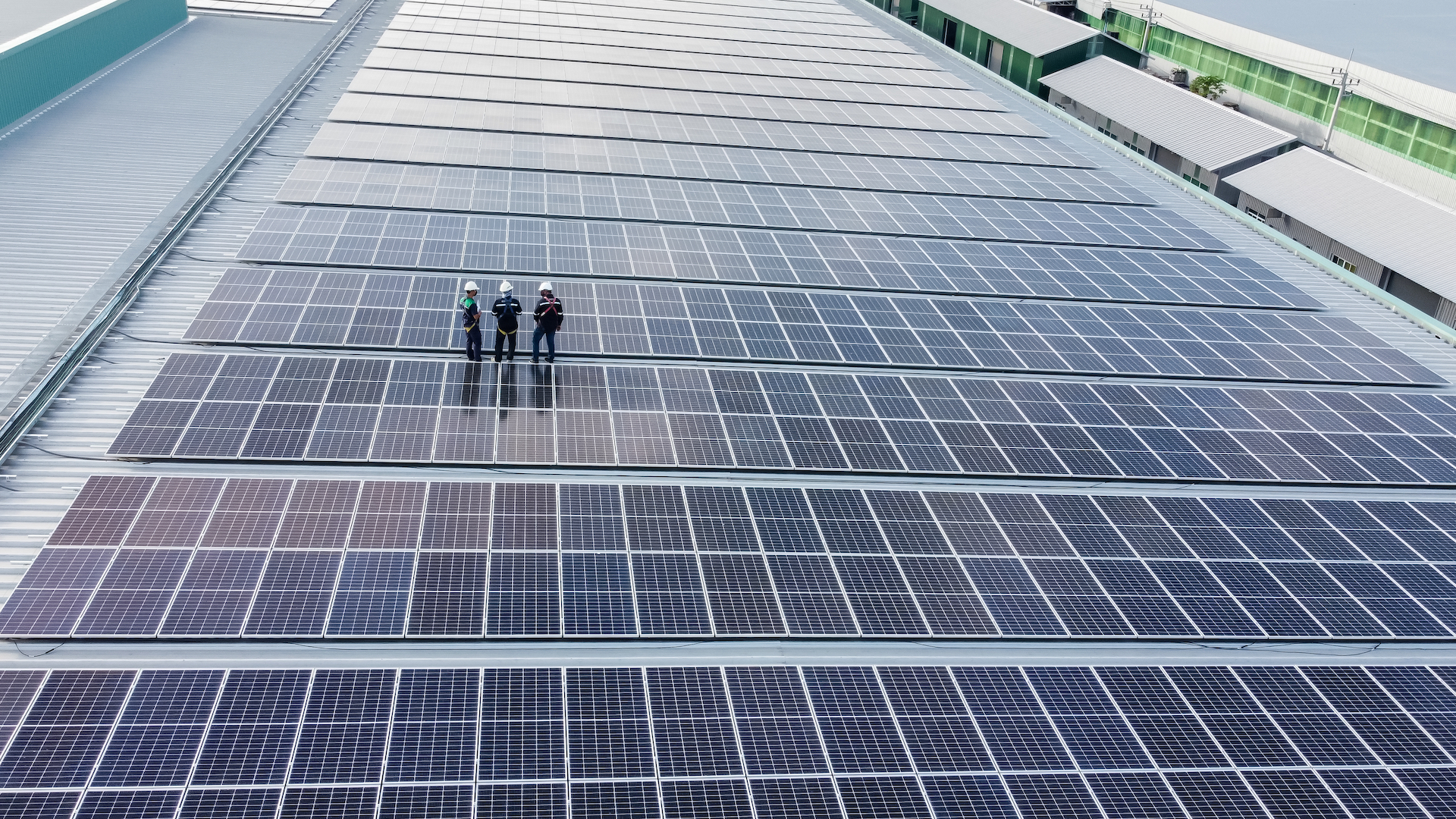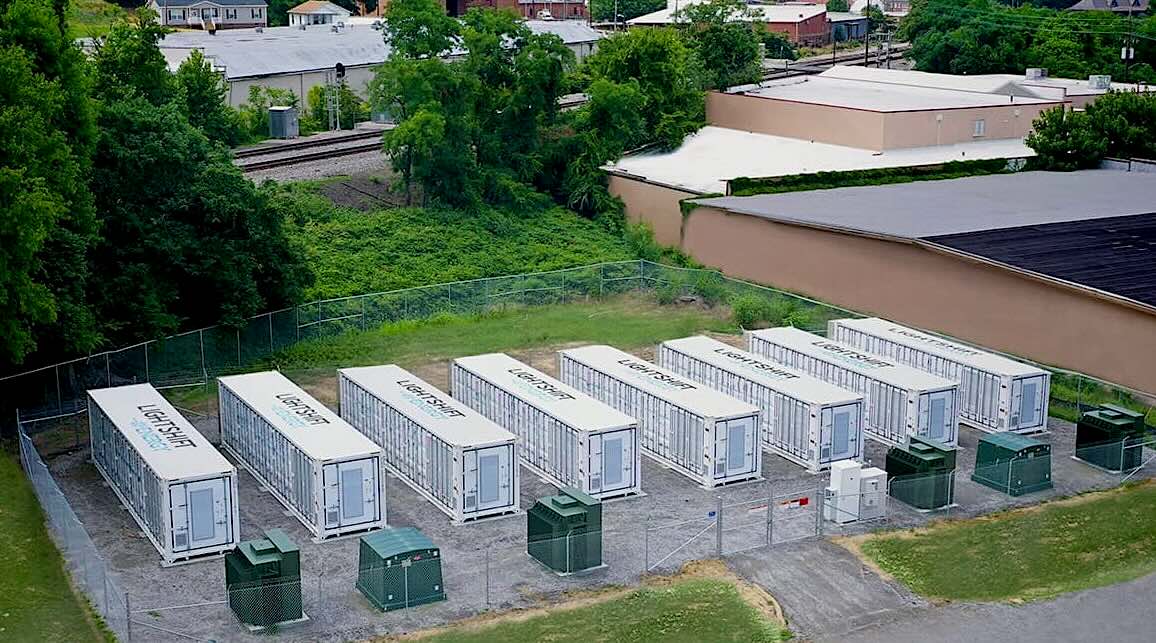ImpactAlpha, Dec. 1 – Fusion satisfies two cravings of climate investors: for a silver bullet to solve the zero-carbon energy challenge and for investment opportunities that can absorb super-sized checks.
Fusion promises to generate clean, safe, abundant energy using the same process that powers the sun – and it will require massive sums before it is commercially viable.
The $1.8 billion round for Commonwealth Fusion Systems is the largest ever raised for a fusion company, for now. The M.I.T. spin-off in September completed a test of its high temperature superconducting magnets, paving the way for net-energy, a critical fusion milestone, in 2025.
Tiger Global Management led Commonwealth Fusions Systems’ Series B round, with backing from a who’s who of new investors including Bill Gates, Marc Benioff’s TIME Ventures, George Soros, Kleiner Perkins’s John Doerr, Emerson Collective, Footprint Coalition, Google and others. Early investors including Breakthrough Energy Ventures, Khosla Ventures, Lowercarbon Capital, Soros Fund Management also re-upped.
Fusion race
Venture-backed fusion energy startups are amassing giant warchests to commercialize fusion, the elusive holy grail of clean energy.
Vancouver-based General Fusion last week raised $130 million. Helion Energy, based in Everett, Washington, secured $500 million in early November, with the potential to unlock another $1.7 billion if it hits performance milestones. Another contender, TAE Energy, in April rounded up $280 million after hitting its own technical milestone.
Mission possible
Fusion uses super-hot temperatures of 180 million degrees Fahrenheit or more to fuse atomic nuclei together and release energy. Unlike conventional nuclear fission, which splits atoms, fusion uses readily available elements such as hydrogen, has no risk of melt-down and releases little waste.
Commonwealth Fusion successfully expects to begin generating commercial power from a fusion plant called ARC by early next decade. The company is “making possible what seemed impossible, one technical milestone at a time,” said Doerr, the venture capitalist, who has a new book out about solving the climate crisis.

